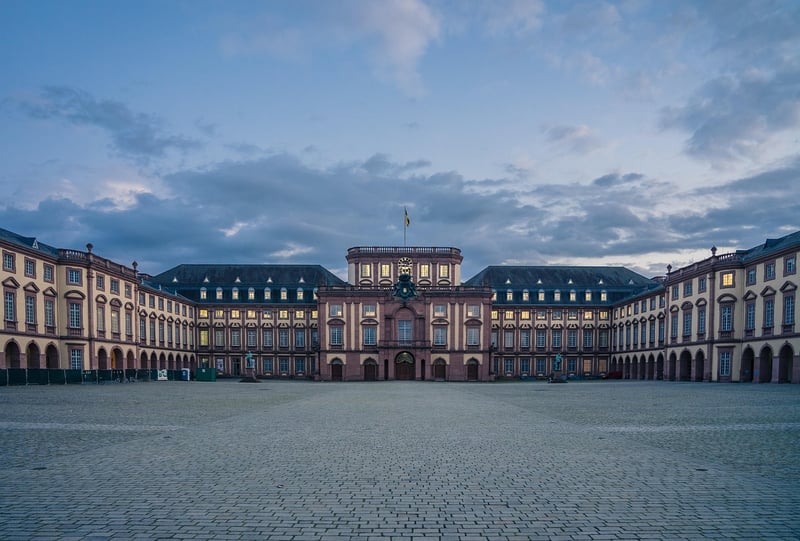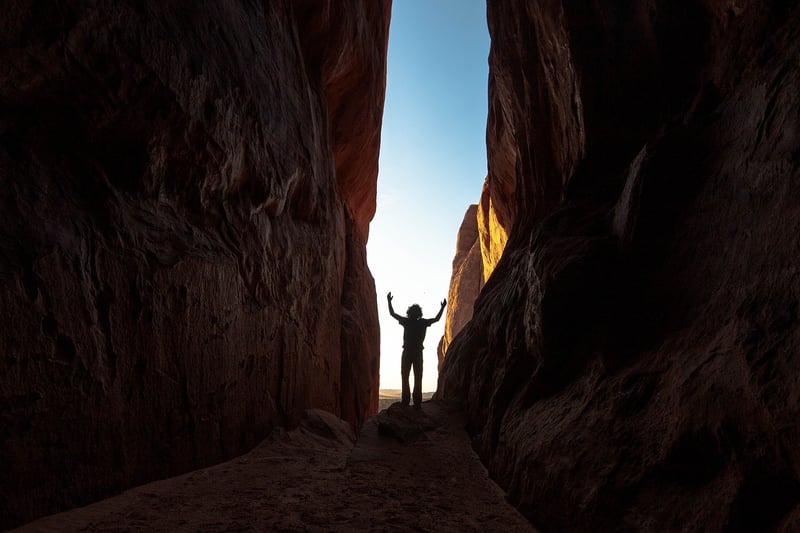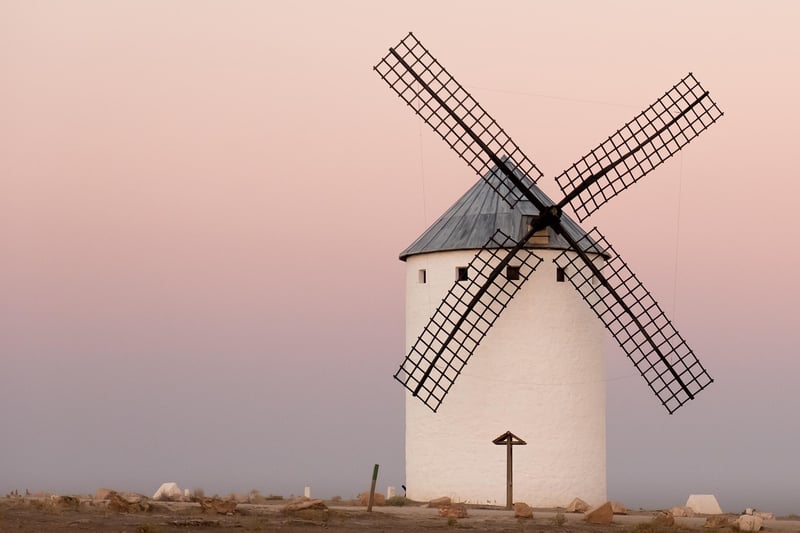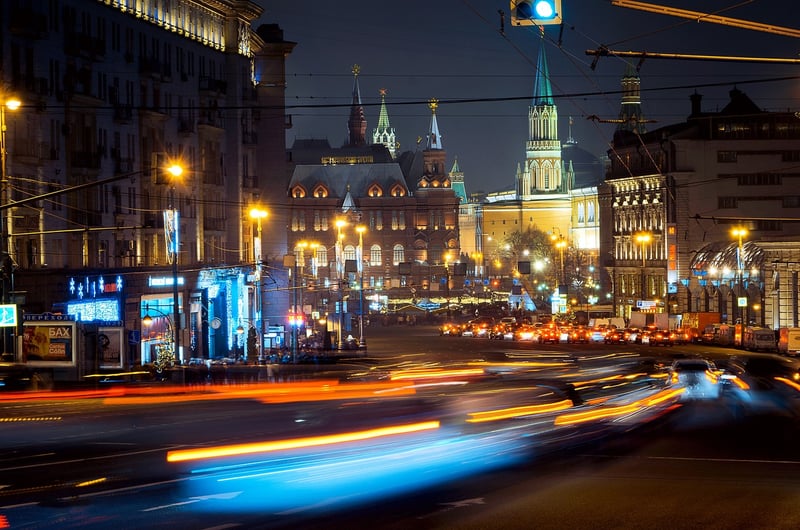Historical Events
Exploring Different Eras and Historical Events
Ancient Era
The ancient era, spanning from the emergence of human civilization to the fall of the Western Roman Empire, is rich in history and culture. Key events include the construction of the pyramids in Egypt, the rise of Greek democracy, and the conquests of Alexander the Great.

Medieval Era
The medieval era, characterized by feudalism and the dominance of the Catholic Church, saw events like the Crusades, the Black Death, and the Magna Carta. This period also witnessed the rise of powerful empires such as the Byzantine Empire and the Islamic Caliphates.

Age of Exploration
The Age of Exploration, starting in the 15th century, marked a period of global discovery and colonization. Significant events include Christopher Columbus's voyages to the Americas, Vasco da Gama's exploration of the sea route to India, and the circumnavigation of the globe by Ferdinand Magellan.

Industrial Revolution
The Industrial Revolution, beginning in the late 18th century, transformed societies through mechanization and urbanization. Key events include the invention of the steam engine, the factory system, and the spread of railroads. This era laid the foundation for modern industrial economies.

World Wars
The 20th century was marked by two devastating World Wars that reshaped global politics and societies. World War I saw the collapse of empires, while World War II led to the rise of superpowers and the beginning of the Cold War. These conflicts had far-reaching consequences on the modern world.

Cold War Era
The Cold War era, following World War II, was characterized by the ideological struggle between the United States and the Soviet Union. Key events include the Cuban Missile Crisis, the Space Race, and the fall of the Berlin Wall. The end of the Cold War marked a new era in global politics.

Exploring different historical eras provides insights into the events and developments that have shaped the world we live in today. Each era has its unique significance and impact on the course of history.
